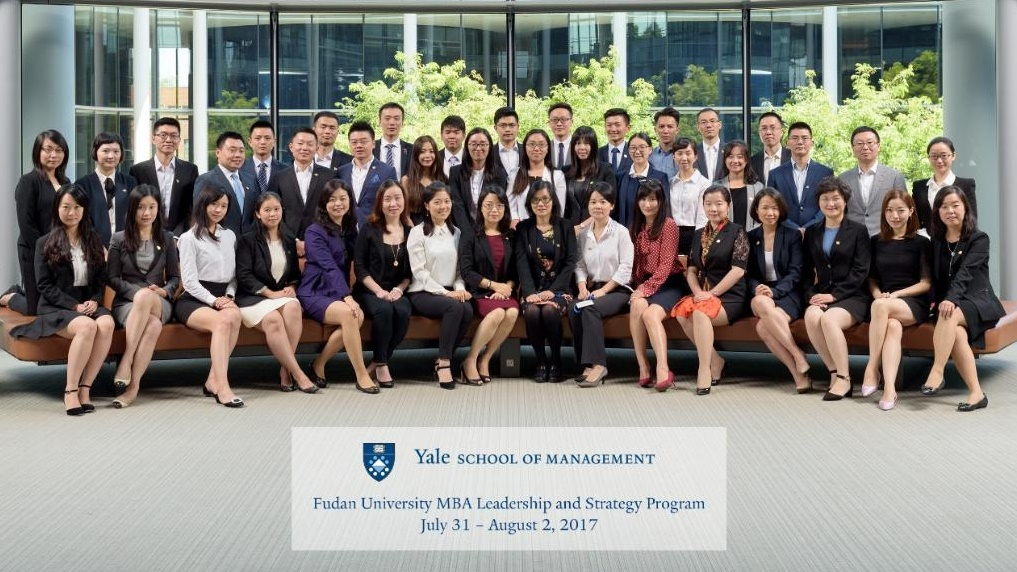Fudan University of China has five German universities and twenty-four Scandinavian universities, with campuses in America and around the world. The joint ventures focus on business training and Chinese studies.
The opposition is constantly attacking the Fudan University of China Foundation in Budapest. Essentially, the opposition states, as Clara Dobrev noted in an interview with her Telex counterpart that day, that they did not want the state to do so. ‘Chinese colony’ is being.
Fudan was criticized as being merely a collector of Chinese expansion and communist ideology.
Well, the truth is that today, unfortunately, the Faculties of Social Sciences in the universities of the Western world are the ones that propagate Marxism with the greatest enthusiasm. On the other hand, it can be assumed that the communist ideology is difficult to assert in the technical, commercial, natural and medical exercises typical of Fudan. Why could the Fudan Project be good in the right context he wrote about here and here.
Incidentally, Fudan was not established during the communist period, but about half a century earlier, in 1905, even in imperial China, shortly before the fall of the last dynasty in 1912. Fudan did not come to Hungary for the first time in the Western world, it had established The university has long had an extensive network of contacts with Europe and America.
Fudan
Member of Universitas 21.
The collaboration involves 27 research universities that maintain a joint student exchange program and research projects, and have closer collaboration in these areas. Universitas 21 includes three American universities (University of California, University of Connecticut, University of Maryland), among others; Four British universities (University of Birmingham, University of Edinburgh, University of Glasgow, University of Nottingham); From Switzerland, the University of Zurich, the Swedish University of Lund, the University of Amsterdam in the Netherlands, the Irish University College Dublin, the Canadian McMaster University, the Belgian Catholic University in Leuven, and three Australian universities (University of Melbourne, University of New. South Wales, University of Queensland)
Chinese Soft Power in Germany
In Germany, Fudan works with five universities: Goethe-Universität in Frankfurt, Freie Universität in Berlin, Universität zu Köln in Cologne, Eberhard Karls Universität in Tübingen, and finally the University of Konstanz. In Austria, Salzburg Business College (SMBS) is a partner institution of Fudan, as there is an exchange program within the MBA program.
The Fudan-Goethe collaboration consists of two student exchange programs and a joint four-week summer university.
The four-week program also includes Cologne. Its topics are: Chinese society and politics, Chinese history and culture, Chinese business and economics, and the Chinese language. This is an example of Chinese “soft power”.
At Freién in Berlin, collaboration is limited to the Erasmus + Worldwide program. In Tübingen, a joint program of the Fudan-Tübingen Science Fair will take place annually from 2021, in alternative locations. In the case of Constance, since 2005 the two universities have held a joint community symposium on different legal topics in different locations.
Dispersion of Scandinavia by Fudan
Fudan established the North Center in Shanghai in 1995,
Which has since cooperated with 24 Scandinavian universities,
With five Danes, six Finns, one Icelandic, six Norwegians and six Swedes. Member universities can order customized courses in Shanghai or send 3-3 students for two summer courses (Business and Innovation in China, Chinese Politics and Society); Additionally, they pay research positions in Shanghai for Scandinavian lecturers. On the Shanghai campus, you can study “Northern Studies”, which is held every year by another Scandinavian university.
In 1996, the Fudan School of Management established the Business School in Norway, which collaborates with BI Norwegian Business School, the second largest business school in Europe, which was inaugurated by the then Norwegian Prime Minister Gro Harlem Brundtland. Also here, the two universities hold a joint MBA course.
The Fudan European Center for Chinese Studies has been operating at the University of Copenhagen since 2013. This center hosts NEWDAY, that is, the Nansen Academy for Dialogue between East and West (Nansen Academy for Dialogue between East and West) summer in Lillehammer, Norway.
United States of America: Fudan a Yale-en, Yale a Fudanon
In the United States, Fudan also has an enduring relationship with Yale University,
In 2008, he founded the Foundation for Education Development at Fudan University in New York
(University Education Development Foundation). The Yale-Fudan Research Center for Cultural Sociology is operating on the Fudan Shanghai Campus, in exchange for guest Chinese professors constantly arriving at Yale.
In 2002, a partnership was established between the Olin School of Business at Washington University in St. Louis, USA, and the Fudan School of Business, and a joint MBA program was established in China.
On the UCSD campus, the San Diego sub-units (whose progressive game screenshots are written here)
Since 2012, the two universities have had a common center for contemporary China
(Fudan-UC Center for Contemporary China).
In 2011, Fodan joined the British Tindall Center for Climate Research network, established in 2000, which also includes four British universities (University of East Anglia, University of Cardiff, University of Manchester and University of Newcastle).
And finally, New Zealand, known for its gorgeous Lord of the Rings landscapes, cannot be excluded: The University of Auckland has the Fudan-Auckland Center for Chinese Studies in Oceania.
So global higher education and scientific cooperation in the globalized world also clearly extend to Chinese universities, including Fudan – why might it be any different? In light of all this, it is worth forming an opinion about Fudan’s plans in Hungary.












































